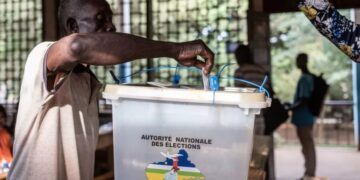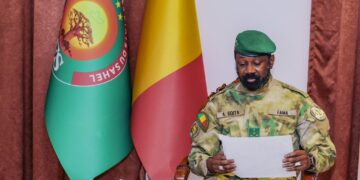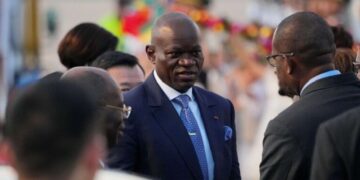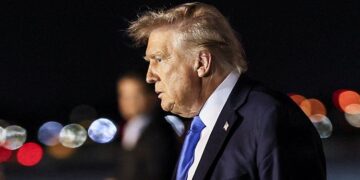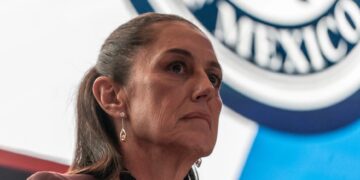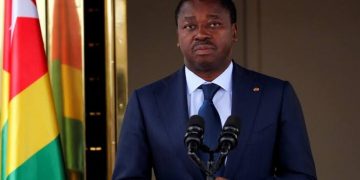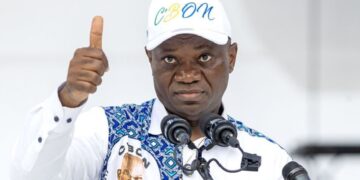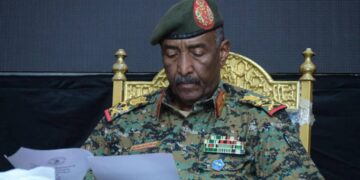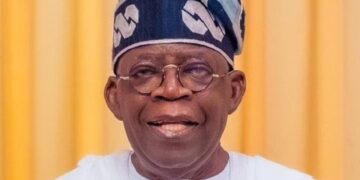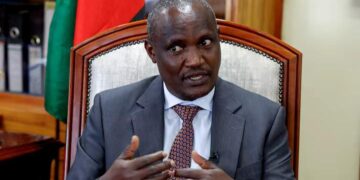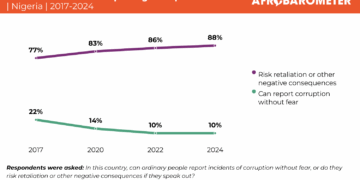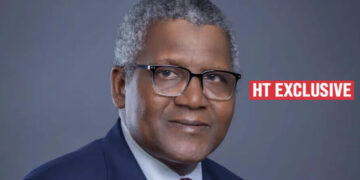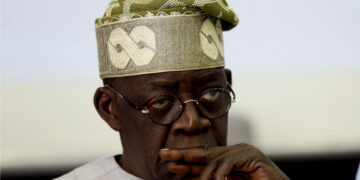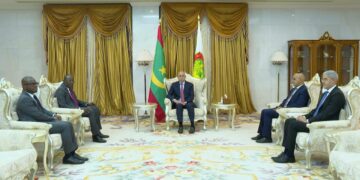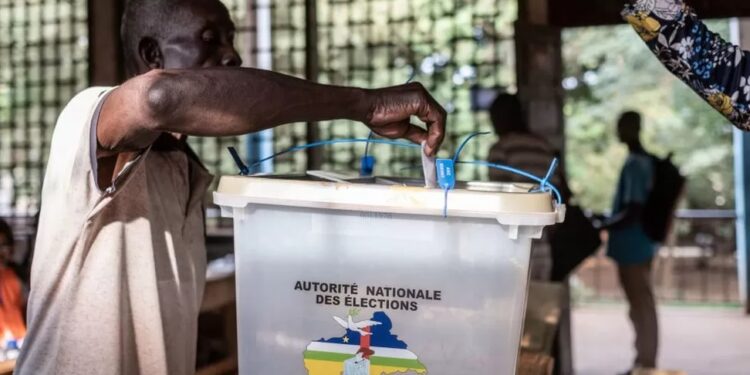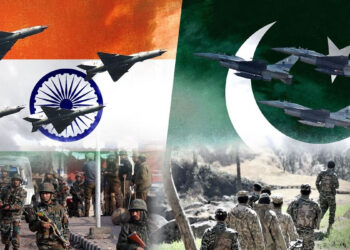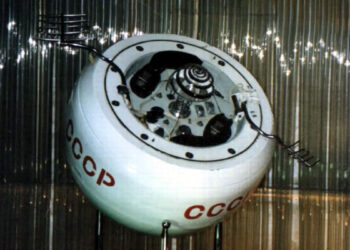By John Ikani
Voters in the Central African Republic (CAR) are currently heading to the polls to cast their votes in a crucial referendum that could pave the way for President Faustin-Archange Touadéra to seek a third term in office.
Touadéra who first took office in 2016, secured re-election in 2020 amid challenges from armed rebel groups and allegations of electoral fraud.
The 66-year-old now finds himself at the centre of controversy, as opponents accuse him of harbouring intentions to cling to power indefinitely, effectively becoming a “president for life.”
The stakes are high, and around 1.9 million voters have been called upon to exercise their civic duty.
The National Elections Authority (ANE) is closely overseeing the process, with provisional results anticipated within eight days, and the final outcome set to be announced by the Constitutional Court on August 27th.
The proposed changes to the Constitution have generated considerable debate.
They include an extension of the presidential term from five to seven years and the abolition of term limits, potentially allowing President Touadéra to contest for a third term in the year 2025.
In addition, the amendments could grant the president the authority to appoint more judges to the Supreme Court, further impacting the nation’s judiciary system.
Opposition parties, civil society organizations, and armed rebel groups have called for a boycott of the referendum, expressing their disapproval of the proposed constitutional changes.
The Central African Republic’s history has been marred by decades of rebellions and coups, with a powerful coalition of rebels seeking to oust President Touadéra from power.
Notably, the Russian paramilitary company Wagner, along with Rwandan soldiers, played a significant role in supporting the Bangui regime during a major offensive led by the alliance of rebel groups in 2020.
Recently, Wagner boss Yevgeny Prigozhin confirmed the presence of their fighters in the country, asserting their control over the territory and aiming to protect the population from rebel aggression.
The United Nations peacekeeping mission in the Central African Republic is also playing a role in ensuring security during the referendum.
However, there is growing concern that President Touadéra’s government relies heavily on the Wagner group to maintain its hold on power and combat the insurgency.
Wagner’s presence in the country dates back to 2018, with reports suggesting their involvement in lucrative industries such as minerals and timber trading.
Adding to the complexities of the situation, a photograph showing Mr. Prigozhin shaking hands with Ambassador Freddy Mapouka, a CAR presidential advisor, at a Russia-Africa summit in St. Petersburg, has surfaced, raising questions about Russia’s involvement in the nation’s affairs.
The French, who were CAR’s former colonial power, withdrew their last forces from the country in 2022.
Initially deploying around 1,600 troops after a coup in 2013 triggered a civil war, France played a pivotal role in assisting CAR’s transition towards democracy.
